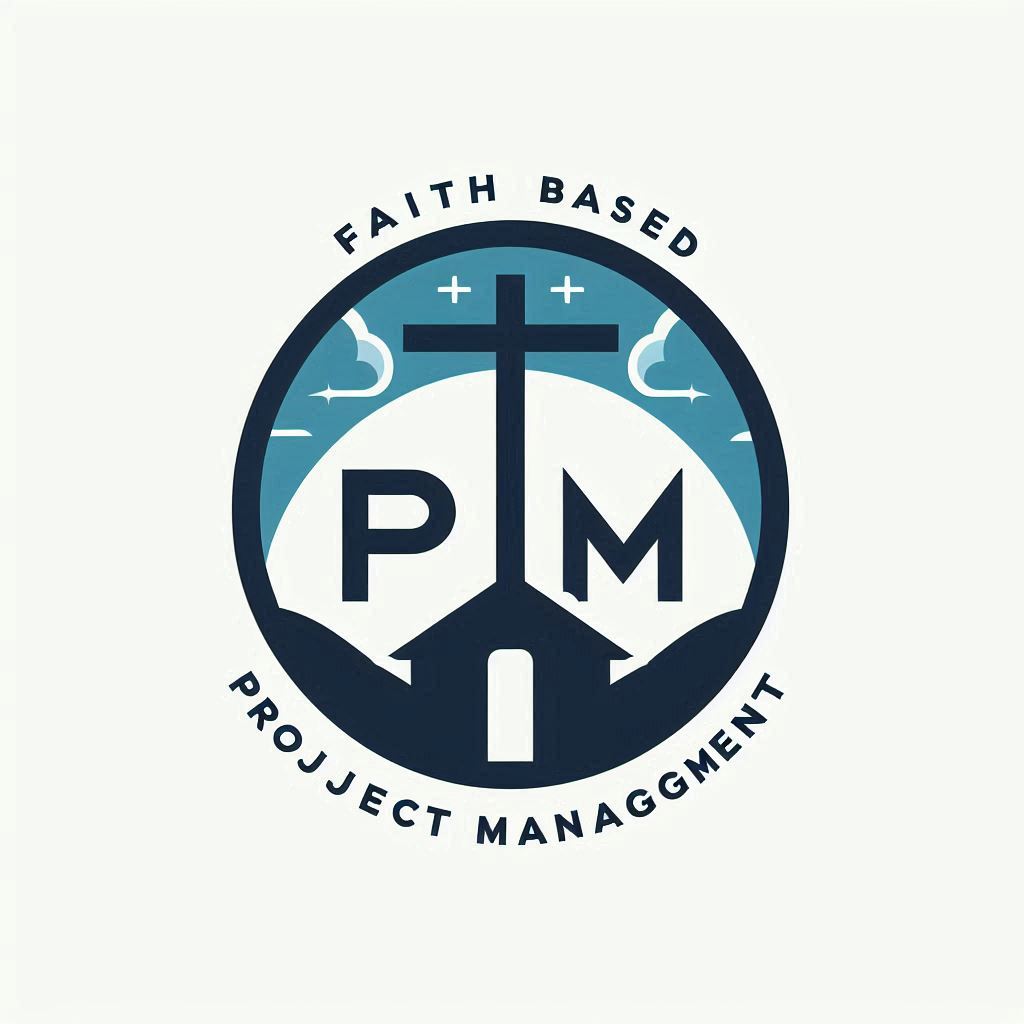Understanding spiritual gifts begins with taking a close look at the Bible, where these gifts are introduced as special abilities granted by the Holy Spirit. These gifts aren’t just talents—think of them more as special roles or missions for individuals within their communities. They range from wisdom and knowledge to prophecy and teaching, each serving to strengthen and build up the community.
Shifting over to project management, it stands as a structured way to lead and direct work projects. It involves a mix of planning, executing, and overseeing to meet specific goals on schedule and budget. While anyone can learn the skills necessary for project management, some might possess natural leadership abilities that make them stand out—possibly even spiritual gifts in action.
The connection between these spiritual gifts and project management skills isn’t a far-fetched concept. Both involve leading and inspiring groups of people towards a common goal, sometimes under tight deadlines and with varying types of project challenges. Recognizing these spiritual gifts in workplace settings might enhance how teams work together, increasing cooperation and motivation.
In practical terms, thinking of spiritual gifts in project settings can help identify roles best suited for individuals. For instance, someone with the gift of administration might naturally excel in organizing resources efficiently. It’s about recognizing and utilizing these gifts not only for religious purposes but as practical tools for modern project dynamics. This acknowledgment could lead to stronger, more aligned teams and successful project outcomes.
Biblical Insights: Spiritual Gifts as Natural Endowments in Management
The Bible mentions spiritual gifts in books like Corinthians and Romans, framing these gifts as divine insights or abilities aimed at building up the church. These aren’t just talents, they can be seen as purposeful skills that empower individuals to fulfill roles that require special kinds of wisdom and insight, similar to key qualities found in effective project managers.
Strong project managers often have a set of innate abilities that make them stand out—things like communicating clearly, problem-solving under pressure, and maintaining an overarching vision. When you look at these skills through a biblical lens, some of these talents align closely with spiritual gifts like leadership, wisdom, and discernment.
The concept of being naturally ‘endowed’ for management isn’t new. Historically, both religious and secular figures have displayed these natural gifts, leading with both skill and an intuitive understanding of people and systems. Take figures from history who navigated both spiritual and practical leadership challenges successfully, blending both worlds seamlessly.
Seeing project management through this spiritual lens could offer a broader perspective. Instead of focusing solely on acquired skills, consider how these spiritual insights can direct management style and decision-making. It becomes less about what you know, and more about how you naturally inspire and guide others, leading to more organic and cohesive project success.
Gaining Knowledge and Skills: The Role of Training in Project Management
Project management isn’t just about innate skills or spiritual gifts. Formal training holds incredible value. It provides tools and frameworks that help navigate complexities in today’s work environment. Certifications like PMP, PRINCE2, or Agile can transform raw talent into polished expertise.
The field is vast with methodologies and frameworks that help manage tasks and teams—be it through Agile’s flexibility or the structured approach of Waterfall. Each method offers strategic insights that enhance how projects are managed and delivered. The right training allows you to choose the best approach for each project.
While gifts may provide a strong foundation, training helps build a robust structure on this base. By learning these frameworks, a project manager can handle diverse projects with varying needs, adding a range of strategies to their toolkit. It’s about expanding one’s capacity to manage effectively.
When we talk about leadership or project success, there’s often debate about learning versus natural ability. Execution isn’t just about having a feel for the work; it involves applying learned strategies to guide and support teams through the project’s lifecycle. Training turns potential managers into skilled leaders.
Combining spiritual gifts with formal training creates well-rounded leaders who can adapt to different situations and teams. It’s not only about leading but also about managing work efficiently and effectively—being able to switch between spiritual intuition and practical application nurtured by education.
Achieving Harmony: Balancing Spiritual Gifts and Acquired Skills
Creating balanced project managers involves weaving together spiritual gifts and learned skills. This blend can turn individuals into powerful leaders who not only get projects done but also inspire and uplift their teams. A people-first approach thrives on recognizing and nurturing both intrinsically and externally developed abilities.
Organizations sometimes grapple with whether to prioritize spiritual providence or formal training. By focusing too heavily on one at the expense of the other, opportunities to develop well-rounded leaders who excel in a variety of contexts could be missed. Acknowledging both aspects invites a more comprehensive development path that enhances versatility and competency.
Working towards harmony might include cross-training in emotional intelligence or focusing on team-building workshops. Encouraging managers to develop a deeper understanding of their natural strengths can forge meaningful connections within a team. At the same time, offering opportunities to learn and apply new methodologies ensures adaptability and innovation.
Strategies to maintain this balance might encompass continuous learning environments. Regular coaching sessions can enable managers to grow both personally and professionally, reinforcing their strengths while addressing areas for improvement. Engaging with both spiritual and academic circles for insights allows managers to draw from a broader knowledge pool.
Overall, striking the right mix calls for intentional effort. It requires looking beyond conventional teaching and understanding the value of diverse skillsets and innate gifts. When organizations and individuals commit to nurturing both sides, they foster environments where innovation and inspiration walk hand in hand towards successful project completion.
